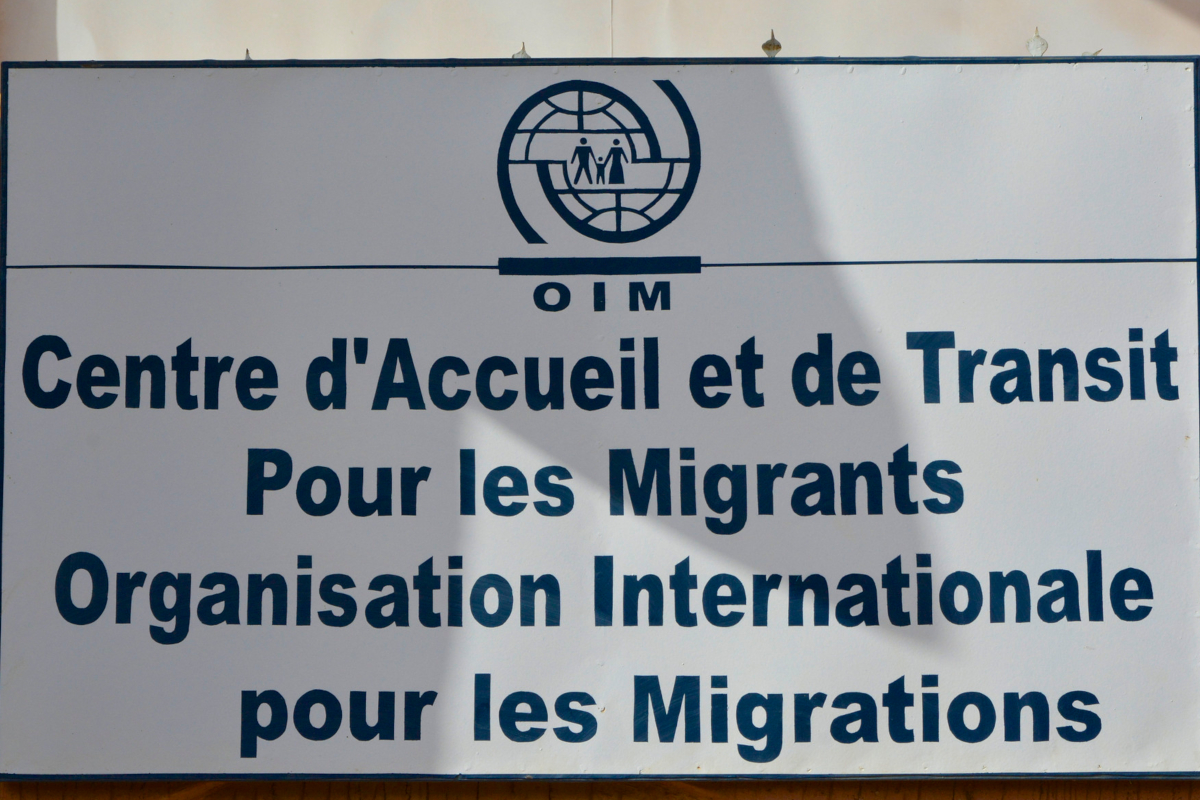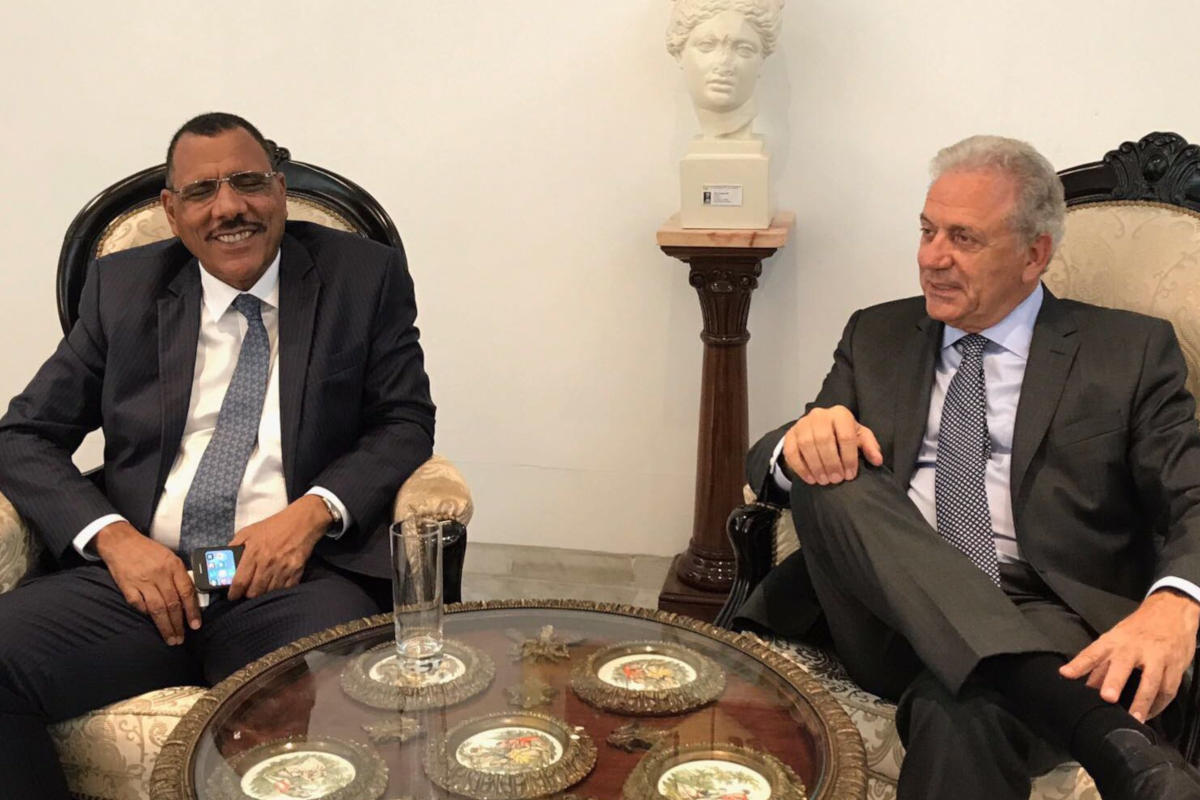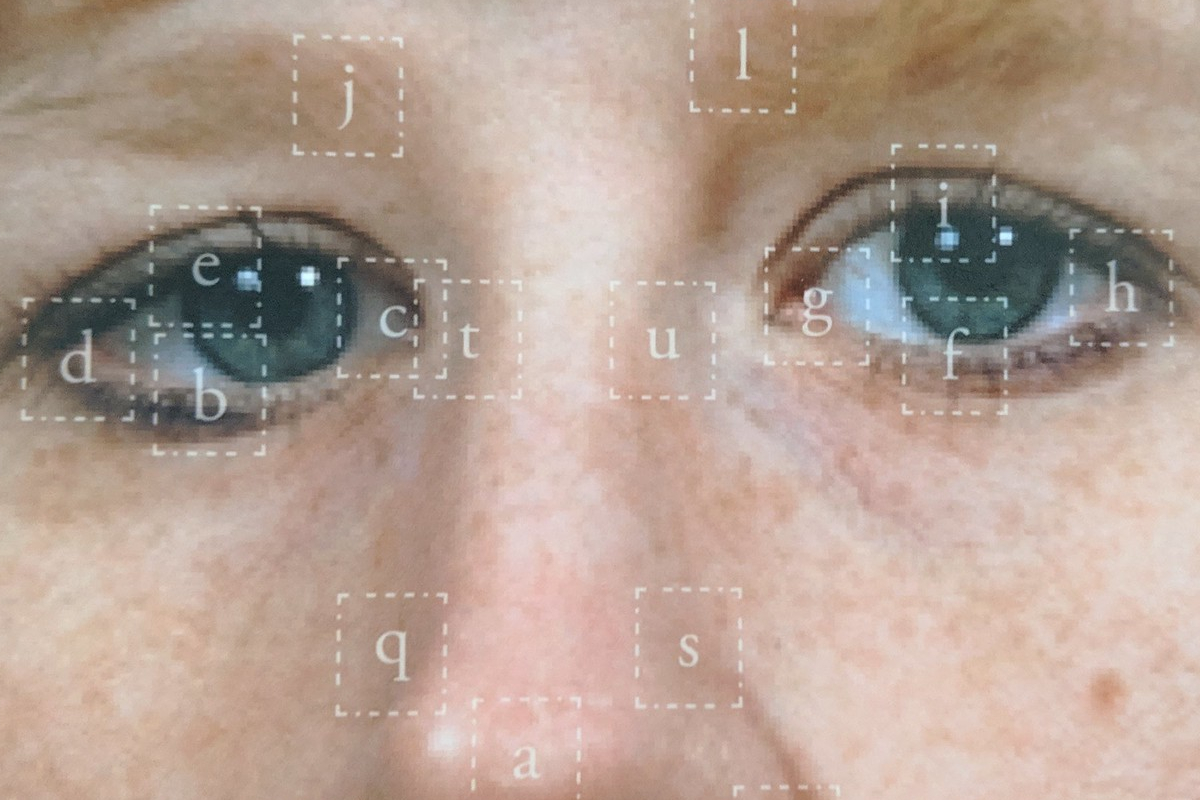After the Niger coup, Spanish Council Presidency asks: "How can we continue cooperation on migration and border management?"
Topic
Country/Region
28 September 2023
Earlier this month, an article published by Statewatch questioned how long it would be before the EU's cooperation on security and migration with Niger - which was halted after the coup at the end of July - was restarted. A document circulated by the Spanish Presidency of the Council on 8 September suggests that, despite the EU condemning the coup "in the strongest terms," there is enthusiasm to get joint projects going again.
Support our work: become a Friend of Statewatch from as little as £1/€1 per month.

"How can we continue cooperation on migration and border management, international protection and forced displacement under the current political situation in Niger?"
That is one of the questions posed by the Spanish Presidency of the Council of the EU in a paper (pdf) circulated to the Working Party on External Aspects of Migration and Asylum on 4 September, for discussion at a meeting on 8 September. It goes over the situation in Niger and Nigeria, two of the countries for which "migration action plans" have been drawn up by the Council over the last couple of years.
According to the agenda of the meeting (pdf), Frontex, the EU Asylum Agency and Europol were also invited to participate in the discussion on the paper, but minutes have not yet been published.
The discussion paper, however, is clear on the importance of cooperation with Niger to the EU's migration policy:
"Cooperation on migration between Niger and the EU is of paramount importance due to Niger's geographical location as a transit country and, to a lesser extent, a country of origin and destination for migration within the ECOWAS region, Algeria and Libya."
After going through Niger's situation as a host country for displaced people, the Presidency goes on to note:
"Given Niger's role as a transit country, primarily through the Central Mediterranean route, as well as its status as a host country, it is crucial to direct our focus towards the aftermath of the events of 26 July. The risk of the instrumentalisation of migration exists in theory – although there is no evidence for this right now – or of a halt to cooperation on migration and border management with the EU. Various scenarios are now possible regarding the evolution of migratory flows transiting through Niger. Besides, close attention must be paid to other countries of the area, such as Mauritania, in which there could migratory consequences of the coup in Niger."
The document goes on to list the various forms of cooperation with Niger launched by the EU over the last decade and the current state of play following the coup; it also notes that the bloc has committed €503 million to the country for the 2021-24 period.
The paper contains a similar discussion of the situation in Nigeria, where the Spanish Presidency's questions indicate the main concern is to conclude a readmission agreement in order to step up deportations from the EU, and to help the country in "strengthening migration governance, improving border management capacities, and combating migrant smuggling and trafficking in human beings."
Documentation
- Implementation of the Pact - Follow-up on the implementation of the action plans on Niger and Nigeria - Presidency discussion paper (Council doc. 11860/23, LIMITE, 4 September 2023, pdf)
Our work is only possible with your support.
Become a Friend of Statewatch from as little as £1/€1 per month.
Further reading

EU: Commission halts migration cooperation with Niger, but for how long?
EU-promoted migration control policies have caused discontent in Niger, and it has been suggested they may have contributed to the unpopularity of toppled president Mohamed Bazoum, who was ousted in a military coup in July. After the coup, the European Commission halted its support for security and migration projects in the country. However, its willingness to cooperate with institutions and actors that violate human rights elsewhere raises the question: for how long?
Access denied: Secrecy and the externalisation of EU migration control
<p>For at least three decades, the EU and its Member States have engaged in a process of “externalisation” – a policy agenda by which the EU seeks to prevent migrants and refugees setting foot on EU territory by externalising (that is, outsourcing) border controls to non-EU states. The EU’s <a href="https://eu.boell.org/en/new-eu-pact-migration-and-asylum" target="t">New Pact on Migration and Asylum</a>, published in September 2020, proposed a raft of measures seeking to step up operational cooperation and collaboration in order to further this agenda.</p>

External migration control efforts spawn sub-groups and action plans
Various sub-groups and action plans have emerged from the various 'migration dialogues' that have been set up over the last decade, such as the Khartoum Process, the Rabat Process and the Budapest Process. This includes cooperation on operational action. The 'dialogues' bring together EU member states along with other European, African, Central Asian and other states. A recent set of presentations given to a Council of the EU working group make no mention of democratic scrutiny or legitimacy.
Spotted an error? If you've spotted a problem with this page, just click once to let us know.

